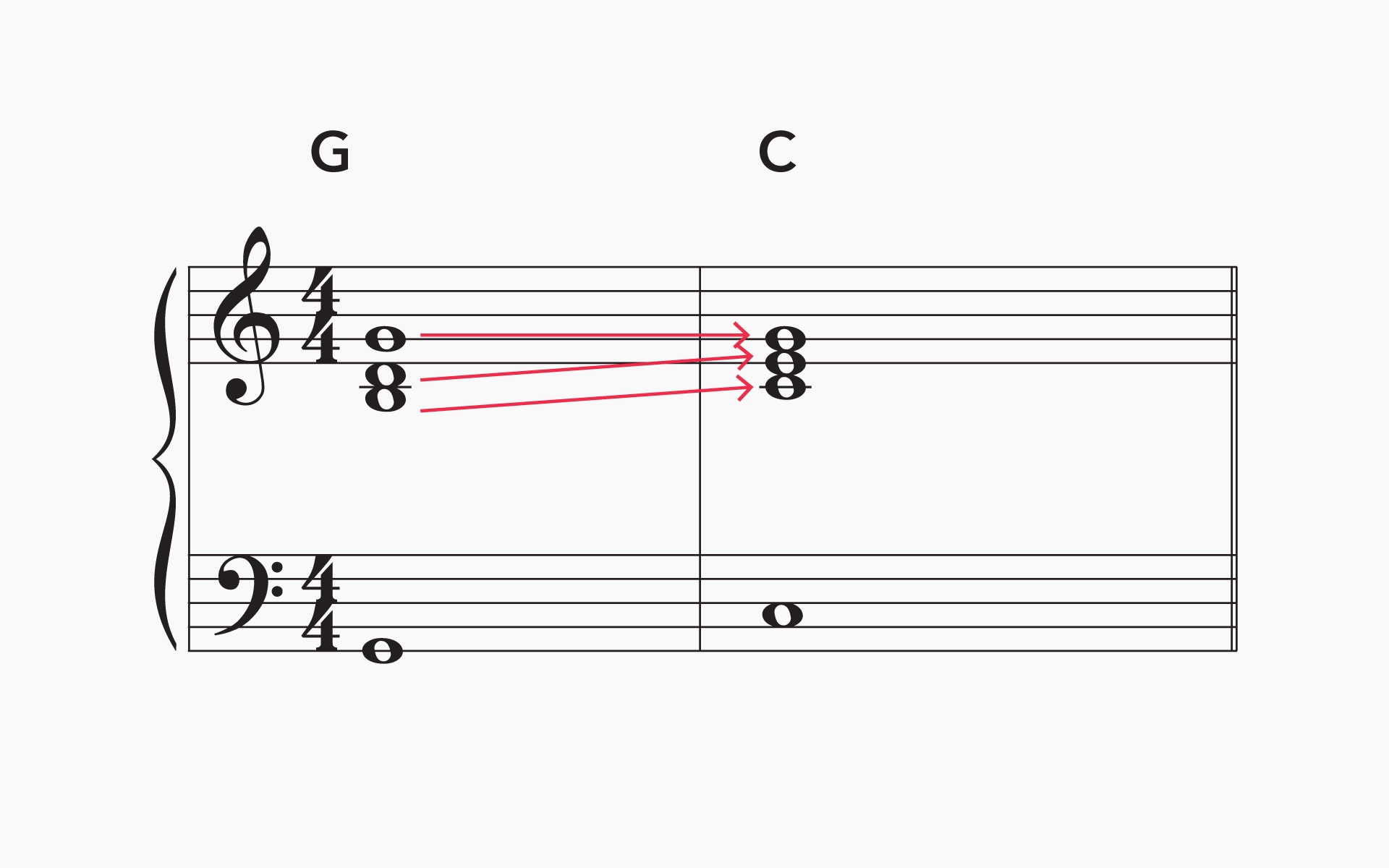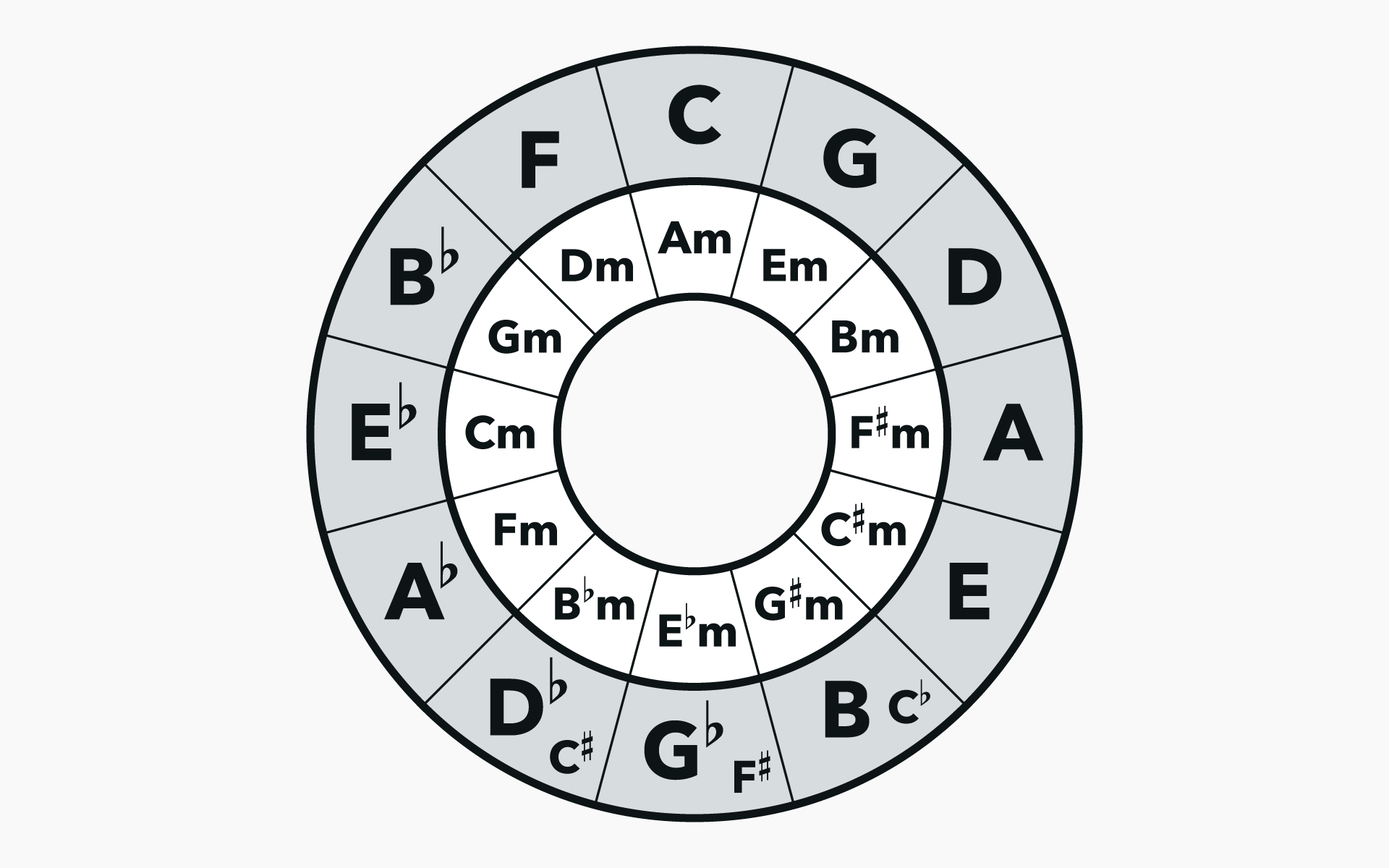
Berklee Online Brings Ear Training to Virtual Reality with New Game
Improving your musical ear doesn’t have to feel like a chore. Berklee Online’s new virtual reality (VR) Ear Trainer makes practicing rhythm, harmony, and scale degrees a fun and immersive experience.
Discover

Music Modes: Major and Minor Modal Scales in Music Theory
As we remember Paul Schmeling, the author of the first Berklee Online course, we share this insightful lesson on mastering the major and minor music modes with this excerpt from his course, Music Theory 301: Advanced Melody, Harmony, Rhythm.

Ear Training Exercises to Help You Become a Better Musician
In these ear training videos, we uncover key exercises to help you develop your inner hearing: conducting in 6/8, singing the root, and identifying chords.

Common Chord Progressions and How to Make Them Your Own
Songwriting is an art form that requires creativity, imagination, and an understanding of music theory, but if we’re being honest, there’s also a degree of “fake it ‘til you make it.” And with that approach in mind, one technique you could try is to utilize classic chord progressions to write your own.

Voice Leading Paradigms for Harmony in Music Composition
These voice leading examples provide guidelines to help you learn how to compose so each voice moves smoothly from note to note, while you create rich harmonic changes.

Circle of Fifths: The Key to Unlocking Harmonic Understanding
The circle of fifths is arguably the most helpful way of visually organizing Western music theory’s 12 chromatic pitches for learning. This primer, featuring excerpts from Music Application and Theory and Music for Beginners will give you several new tools to commit this concept to memory.

Jazz Scales You Need to Know for Improvisation
Learn the 10 scales that cover 95 percent of all jazz improvisation situations with the help of Gary Burton.

Forensic Musicologists Need to Know These 5 Things
When Dr. Joe Bennett is not acting in his position as a vice president for Berklee College of Music, he investigates copyright infringement in the music industry as a forensic musicologist.

Jazz Improvisation Tips for Your Next Solo
Legendary vibraphonist and Berklee Online course author Gary Burton shares his jazz improvisation tips to make your next solo look and sound easy.

5 Skills You Need to Become a Music Arranger
Berklee Online music arrangement course instructor and author Jerry Gates shares five tips to help you become a music arranger.




